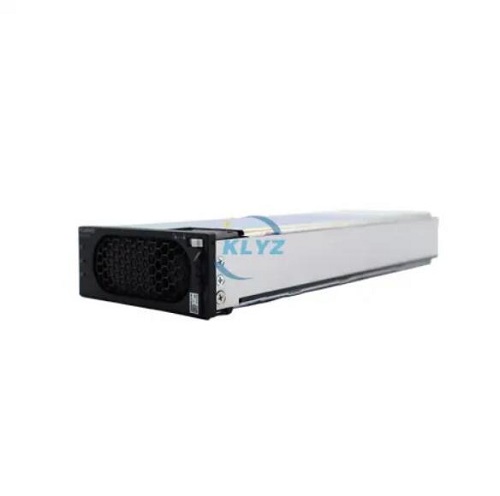A rectifier module is a part of all the electric equipment composed of diode or diodes, which convert alternating current (AC) to direct current (DC). Diode is a device that allows flow of current through it only in one direction and often it is used to design rectifiers. Rectifier diode acts as a rectifier, with the main function of changing AC to DC, and is broadly used in power rectifier circuits.
A rectifier module comes in various physical forms such as vacuum tube diodes, solid state diodes, silicon-controlled rectifiers, valves of mercury arc and silicon-based semiconductor switches. Almost all the rectifiers contain more than one diode in particular arrangements.
Basically, a rectifier module produces DC that encloses active current and voltage, which are then adjusted into a type of constant voltage DC, though this varies depending on the current's end use. The current flow is uninterrupted in single direction, no current is permitted in another direction.
Rectifier modules have different types of configurations, depending on the components such as type of supply, control nature, and components used, among others. Majorly rectifier modules are classified into half wave, full wave, three phase and single phase rectifier modules as well as half controlled, uncontrolled and full controlled rectifiers.
Rectifier modules have many applications including radio signal or detectors, DC power supplies, a power source rather than generating current, direct current and high voltage power transmission system, various household appliances, such as laptops or notebook, television and video games system, require power rectifiers to create power.
Ideal power converter is the one that supplies the best current to the load. The global surge in the demand of rectifier modules is due to enlargement of the electronic industry.

Manufacture of the rectifier module at effective and minimal cost is considered as the key factor hindering the growth of the rectifier module market. The rectifier module market has become competitive as there are some established players in the market, which is a barrier for the new players in the market. Latest trend of rectifier module is that the converters of mercury-arc are used on reversible drivers and for wide-range grid control. Another recent combination been introduced is the combination of transformer and rectifier module, which has the potential to swing the market in a positive way.
With the growing use of power thyristors, used in welding machines and high voltage power-controlled applications, rectifier modules of silicon-controlled rectifiers also contribute a healthy share in its sales and is a good future opportunity for its players.
Nowadays, they are exponentially used in field excitation of rotating machines, whereas improvements in the variable-speed AC motors is expected.
By Product Type | Three Phase Fully Controlled Half Wave and Fully controlled full bridge Uncontrolled Half Wave and Uncontrolled full bridge Single Phase Uncontrolled Half wave and Uncontrolled full wave Half Controlled Fully controlled |
By Rated Capacity | Output Power below 1000 Watt per module Output Power between 1000 to 2000 Watt per module Output Power above 2000 Watt per module |
By Design | Solid state diode Rectifier Module Vacuum tube diode rectifier module Mercury arc valve rectifier module Silicon controlled rectifier module Other Silicon based rectifier module |
By Applications | Residential Appliances Telecom and data communication Automotive and Transportation Industrial Automation and Equipment UPS ( Uninterruptable Power Supply)/Power supply backup Other |
Copyright:@2020-2021
Comments Please sign in or sign up to post.
0
0 of 500 characters used